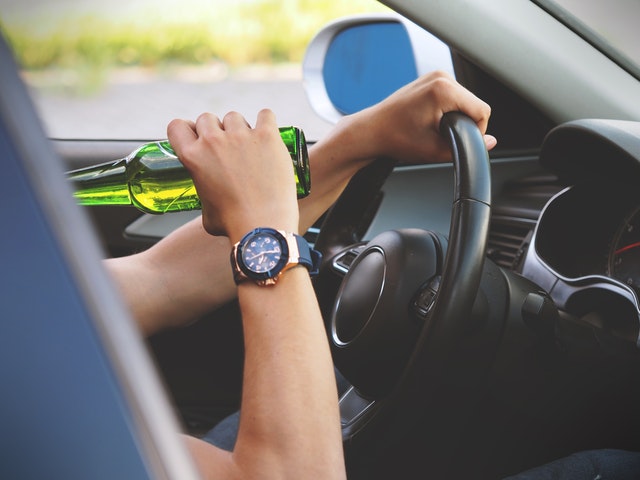The crime of Reckless Endangering Another Person (sometimes incorrectly referred to as “Reckless Endangerment“) is frequently charged along with DUI in Oregon. Oregon’s criminal laws are codified in Oregon Revised Statutes and ORS 163.195 details the crime of “Recklessly Endangering Another Person” as follows:
- A person commits the crime of recklessly endangering another person if the person recklessly engages in conduct which creates a substantial risk of serious physical injury to another person.
- Recklessly endangering another person is a Class A misdemeanor.
What is considered “Reckless” in Oregon?
Oregon criminal law has various levels of mental states, including but not limited to: intentionally, knowingly, and recklessly. Oregon defines “reckless” conduct in ORS 161.085(9) as follows:
“Recklessly, when used with respect to a result or to a circumstance described by a statute defining an offense, means that a person is aware of and consciously disregards a substantial and unjustifiable risk that the result will occur or that the circumstance exists. The risk must be of such nature and degree that disregard thereof constitutes a gross deviation from the standard of care that a reasonable person would observe in the situation.”

What are the Penalties for Reckless Endangering Another Person in Oregon?
Reckless Endangering Another Person is a Class A misdemeanor in Oregon meaning that:
- The maximum period of incarceration is one year in jail,
- The maximum period of supervision or probation that can be imposed is 5 years, and
- The maximum fine that can be imposed is $6,250.00.
If you’ve been arrested or cited by a police officer for Reckless Endangering Another Person, that doesn’t necessarily mean that the prosecutor will formally charge you with the crime. Likewise, if you haven’t been cited for Reckless Endangering Another Person, it doesn’t mean you can’t be formally charged later by a prosecutor for the crime. For more information on this general concept, please see out page on prosecutorial discretion.
Can I be Charged with Reckless Endangering Another Person for Driving Under the Influence?
Here are a few examples of how and when a police officer might cite or arrest a DUI driver for Reckless Endangering Another Person, or how and when a prosecutor might charge someone with both DUI and Reckless Endangering Another Person:
- There was a child in the car at the time that you were allegedly driving while under the influence of intoxicants. Given the sensitivity of child endangerment in the eyes of the public and law enforcement, any risky or dangerous behavior that puts a child’s safety at risk can result in possible criminal charges.
- Another driver, passenger, bicyclist, or pedestrian saw (and reported) erratic and dangerous driving while you were allegedly driving while under the influence of intoxicants. Given the rise in popularity and use of cell phones, when other people see erratic or dangerous driving, they are much more likely to report it immediately to 9-1-1.
- Another driver, passenger, bicyclist, or pedestrian saw (and reported) a near accident while you were allegedly driving while under the influence of intoxicants. Again, with the wide-spread use of cell phones, people now tend to report near-accidents to 9-1-1.
- You were involved in an accident while allegedly driving while under the influence of intoxicants. Given that Reckless Endangering Another Person is a crime that can occur with the mere possibility of an accident, an actual accident is often prima facie evidence of reckless conduct. The government’s theory is essentially: If no one was driving recklessly, there wouldn’t have been an accident.
- You were arrested for DUI and later blew a very high BAC or had a very high BAC. This theory is a bit more controversial, but some police officers and some prosecutors engage in this sort of charging. The theory is that, with a high blood alcohol level, there was a greater level of risk that you’d be unable to drive safely, and therefore your driving must have been reckless.
Please note that this is not an exhaustive list, but rather meant to provide some illustrative examples.
Also note that the crime of Reckless Driving is very similar to the crime of Reckless Endangering Another Person. Many times, both charges will be charged together and along with a DUI charge.
If you’ve been arrested for, cited, or formally charged with Reckless Endangering Another Person, contact an attorney immediately. In many cases, the charge can be dismissed or reduced in plea negotiations, and in other cases, the charge can be fought with evidence that the government cannot prove the charge beyond any reasonable doubt.
